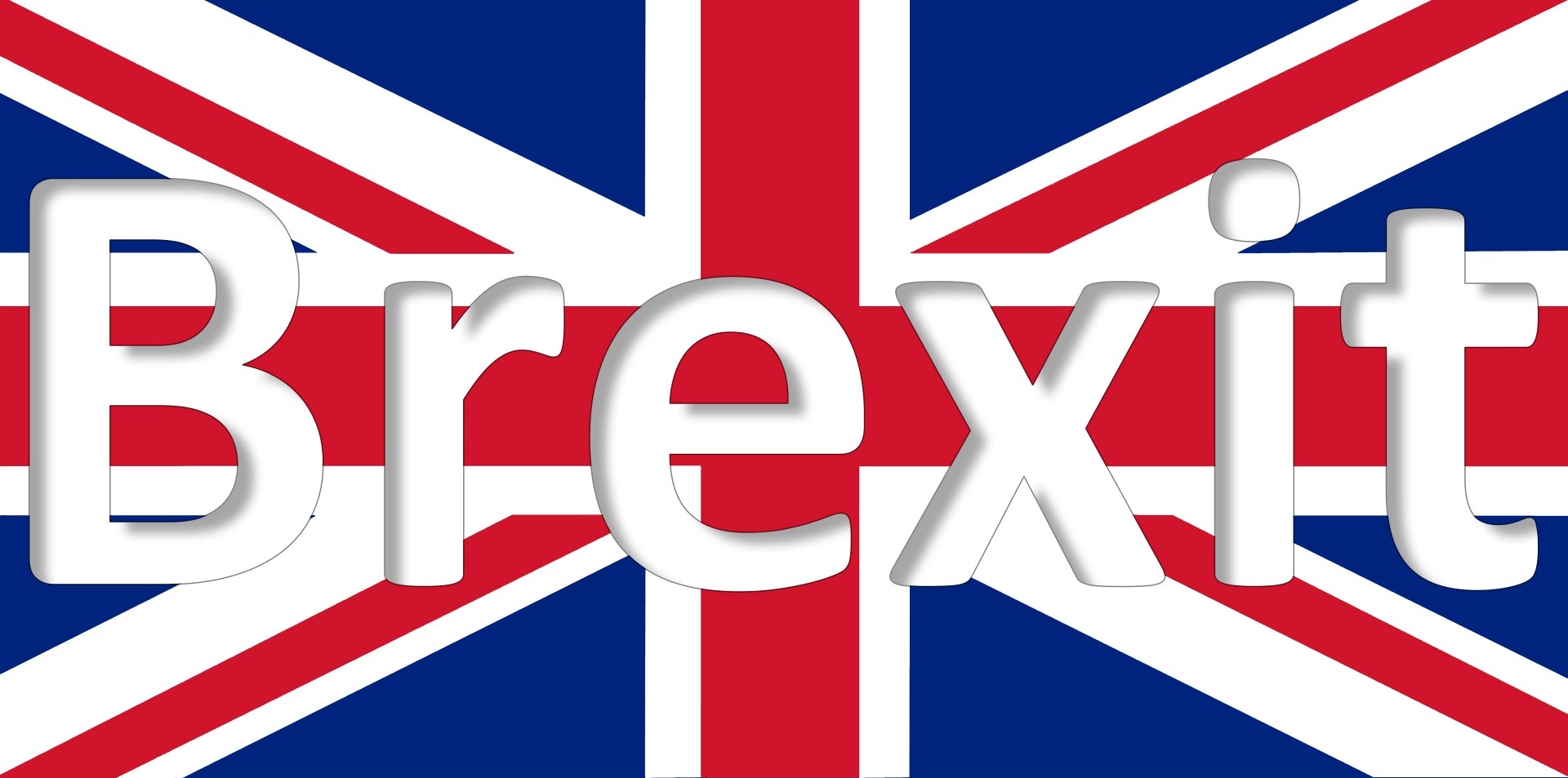…Choices have consequences…
Britons ignored or neglected the above saying. In 2016, Britain voted to leave the European Union. They cited insecurity as one of the reasons for leaving the economic bloc. After Britain conducted the referendum, the European Union gave Britain two years to prepare an exit strategy. The two years have been full of drama. The Wall Street Journal compared the situation in the UK with that of a Latin American soap opera. It described the aftermath as,
‘…from afar, the spectacle of the UK undergoing the national political equivalent of a nervous breakdown has been a source of head-scratching. The country once defined by its stiff up lip has been indulging in a kind of orgy of public history, onyx more commonly associated with Latin America telenovela...’
The Wall Street Journal
Before Brexit happened, Britain was in some sort of friends with benefits relationship with the EU. This relationship ensured that there were trade and cooperation in a lot of aspects. However, in the period between 2015 & 2016, nationalism happened—terrorism and frustration with the system caused the problem. People wanted change, thus Brexit. However, the conditions that led to Britain’s voting leave have changed drastically, and some factions have been calling for a second referendum.
The world, and Kenya in particular, can learn significant lessons from Brexit. There have been calls for a referendum in Kenya to amend the current constitution. Therefore, from the British situation, we can learn the following:
1. A referendum is an exercise of direct democracy
Most democracies in the world are both direct and representative. However, most exercise it through representatives. Meaning that the electorate elects leaders who, in turn, make rules policies and decisions on their behalf. In Kenya, this is eminent from Article 1 of the Constitution, which provides that all sovereign power belongs to the people and can be exercised directly or through democratically elected representatives. When a country applies democracy indirectly, leaders make the most policy decisions on behalf of the electorate. However, when an electorate practices direct democracy, the people themselves decide on policy. And this is what happened in the UK. Voters had to decide whether they should remain or leave the UK. Given this practice, this brings us to the second point.
2. The need for voter education when conducting referendums.
As seen above, voters had to decide on a matter with significant ramifications for the UK. Therefore, there is a need to ensure that voters are adequately informed about the decision they are about to make. In the UK, there were reports that voter education was so weak that immediately after the referendum, the most googled term was what is the EU. What the statistics from Google show is that voters had no idea about the ramifications of the decisions they were making. Notably, when some voters were asked why they voted to leave, they said that they wanted to frustrate the system. Thus this explains the chaos there. As Kenya gears towards a referendum, voters must be adequately informed about the choices they are about to make and their consequences. For example, had someone told Kenyans about a ballooning wage bill as a result of the new constitution, we could not be having this debate about a referendum. Given the need for voter education, it is crucial to outline the role of leaders.
3. The role of leaders
Whereas one could argue that a referendum is an exercise of direct democracy, it is not that obvious. Leaders play a vital role in polls. The point is, voters do not enjoy complete autonomy in the choices they make, but leaders very much influence voters’ decisions. In the UK, the Leave campaign heavily relied on the propaganda of terrorism and the immigration rise across Europe. Voters viewed immigrants as a threat to national security. Their argument though partially true, was only a viewpoint from one side of the coin. Therefore, Kenyan leaders should lay all facts before the electorate to enable them to make informed choices. Additionally, they should not use the referendum as a launchpad for the 2022 election campaigns.
4. The role technology companies in curbing fake news
The internet has been a blessing and a curse. Everyone these days is a news source. During electioneering periods, there are dangers of the spread of misinformation. People tend to disregard credible news sources and go for the ones that appeal to their subjective emotions. As reiterated in my last post, we need to amputate fake news before it spreads. During the Brexit referendum, there were allegations of the spread of fake news. Also, governments levied accusations against Cambridge Analytica for using user data to influence an election. As a result of the misuse of personal data, the UK government fined Facebook. The same abuse of personal data happened in Kenya.
Therefore, users should verify the information before sharing it out. On the other hand, technology companies must realize that misinformation is real and must develop technologies meant to stop fake news.
5. The world is globalised
Last but not least, it is imperative to realize that we are in an era where we are more interconnected than before. The events in Britain have proved that any attempt to exit the global order has severe implications on the economy. Countries need allies to deal with threats such as terrorism. Given the consequences Brexit will have on the economy, countries must appreciate the need of a community of states.
In conclusion, we can draw many inferences from the Brexit referendum. For Kenya, the new constitution presented it with better systems of representation, bill of rights, and proper mechanisms of transparency and accountability. Nonetheless, there is a need for us to amend the constitution to deal with over-representation, among many other challenges. We should utilize the referendum as a means of addressing issues, not creating more seats for the political elite

Comments are closed